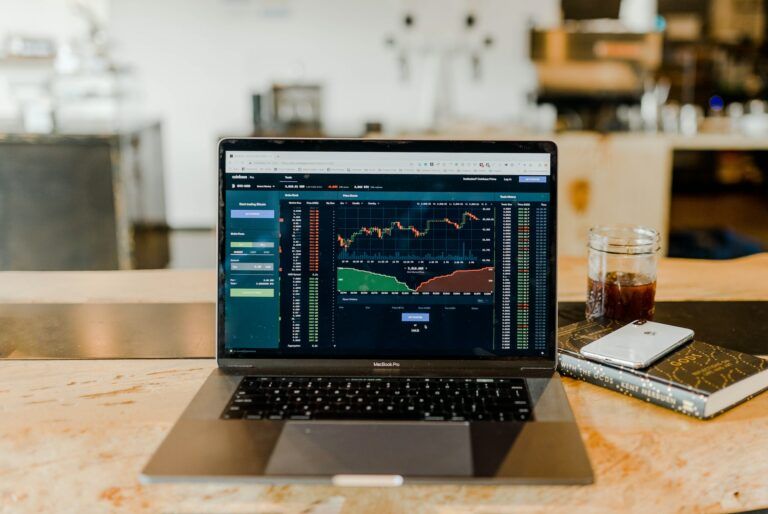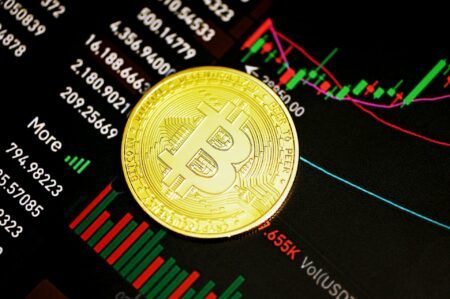The host of CNBC’s “Mad Money” and well-known market analyst Jim Cramer has recently suggested that investors may want to hold out on buying assets until interest rates rise again, believing an ensuing sell-off will lower prices.
Per his words, it may now be a better bet to “wait for the next move up in interest rates, which will trigger the next sell-off in stocks,” which is when he believes investors should move in. He said:
If you are able to think longer term, things can work out with companies that are doing well, but you have to be willing to stay the course. If you can’t, then consider 5% Treasuries until it’s more sanguine out there.
The analyst suggested there’s a “schism” between what some companies are worth versus where they’re currently trading. Some of the companies that announced their earnings on Tuesday include Coca-Cola , 3M , General Electric and Verizon . Except for GE, these companies seemed to struggle before their reports, but their stocks rose after they revealed their results.
Cramer said that this was partly because investors had low expectations for them, and added that he believes it isn’t worth the risk of “betting on a beat and raise quarter” that may rely on the performance of S&P 500 futures contacts.
Cramer suggested that it might be better to wait for the market to go down before buying stocks and added he believes there will be more opportunities. As CryptoGlobe reported, Federal Reserve Chair Jerome Powell recently appeared on Bloomberg TV’s “Wall Street Week,” where he discussed the U.S. economy’s resilience and the impact of monetary policy with host David Westin.
During the interview, Powell stated that higher bond rates are affecting financial conditions, which is precisely what monetary policy aims to do. He suggested that the bond market’s movements could reduce the need for the Federal Reserve to continue raising rates, although this remains to be seen.
Powell concluded that, based on current evidence, monetary policy does not appear to be too tight. He reiterated that the Federal Reserve’s primary responsibility is to deliver low and stable inflation, even when such actions are unpopular.
Featured image via Unsplash.









